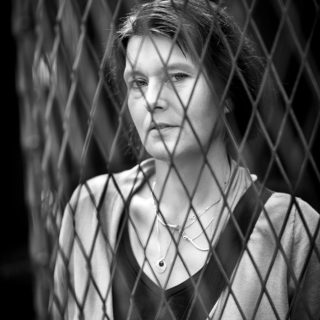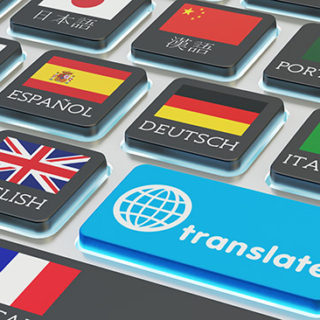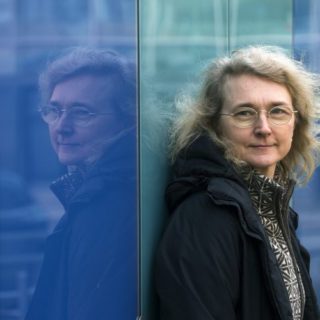Memory in a digital era
Today, we share our personal and professional memories to an increasing degree via various social media platforms. But how does this digital environment affect our individual and collective memory when the borders between the public and private, then and now, authenticity and manipulation, are being erased?
This is what a group of researchers at the Pufendorf Institute wants to find out within the framework of a new Advanced Study Group (ASG), which will start in September.
“Memories, which people convey and share with each other, create a spirit of community between individuals, societies and nations. The collective creation of memory in modern times has often been associated with nation-building and nationalism”, says Barbara Törnquist-Plewa, Professor of Eastern and Central European Studies, and coordinator of the group.
According to her, researchers in the humanities and social sciences have often studied memory and memory creation from exactly this perspective: how are memories represented? What does memory do for a nation or a group? What function do the represented memories have?
She contends that the research must now be broadened, not least because digital development has fundamentally changed how people share personal and professional memories.

Barbara Törnquist-Plewa, Professor of Eastern and Central European Studies, and coordinator of the group
“Previously, the conveying of memories over cultural and language borders was far more limited. Communication and translation took a considerable time. That’s not the case anymore. Now, we can share memories in a global context, rapidly, and with people we have never met before from other countries and cultures, and we can mix personal and professional memories – the private and the public. We also spread images and other material to an extent that has no historical precedent.”
Today, there are also possibilities to manipulate images or use someone else’s images or material to create a history or identity, as well as to comment on other’s memories via comment fields. Shared memories can also give rise to various groupings online, which can create both positive and negative communities.
“Now, we can share memories in a global context, rapidly.”
This development raises many interesting questions that the group wants to explore during its time at the Pufendorf Institute.
Barbara Törnquist-Plewa considers that the temporal aspect is particularly interesting – when is something a memory? Now and then merge together as images and other material can be posted virtually the same moment that the event being documented has taken place. Manipulation, algorithms and ownership are other interesting aspects.
“How is our individual and collective memory affected when we cannot be sure that the memories represented document an historical event? What does this do to people’s view of history? Furthermore, a question that must be asked is: who owns our memories, if anyone can save and copy them?
Finally, she thinks it is important to explore how algorithms affect what we see and assimilate online: to what extent does the technical system decide what is to be remembered, and when?
Within the research framework, the group will arrange workshops, invite visiting lecturers, and examine possibilities for developing various technical methods that can be used to pursue memory research in a digital context.
“We hope to create a network of researchers who are interested in similar issues, and make progress in some of our research issues”, concludes Barbara Törnquist-Plewa.
Text: Noomi Egan




